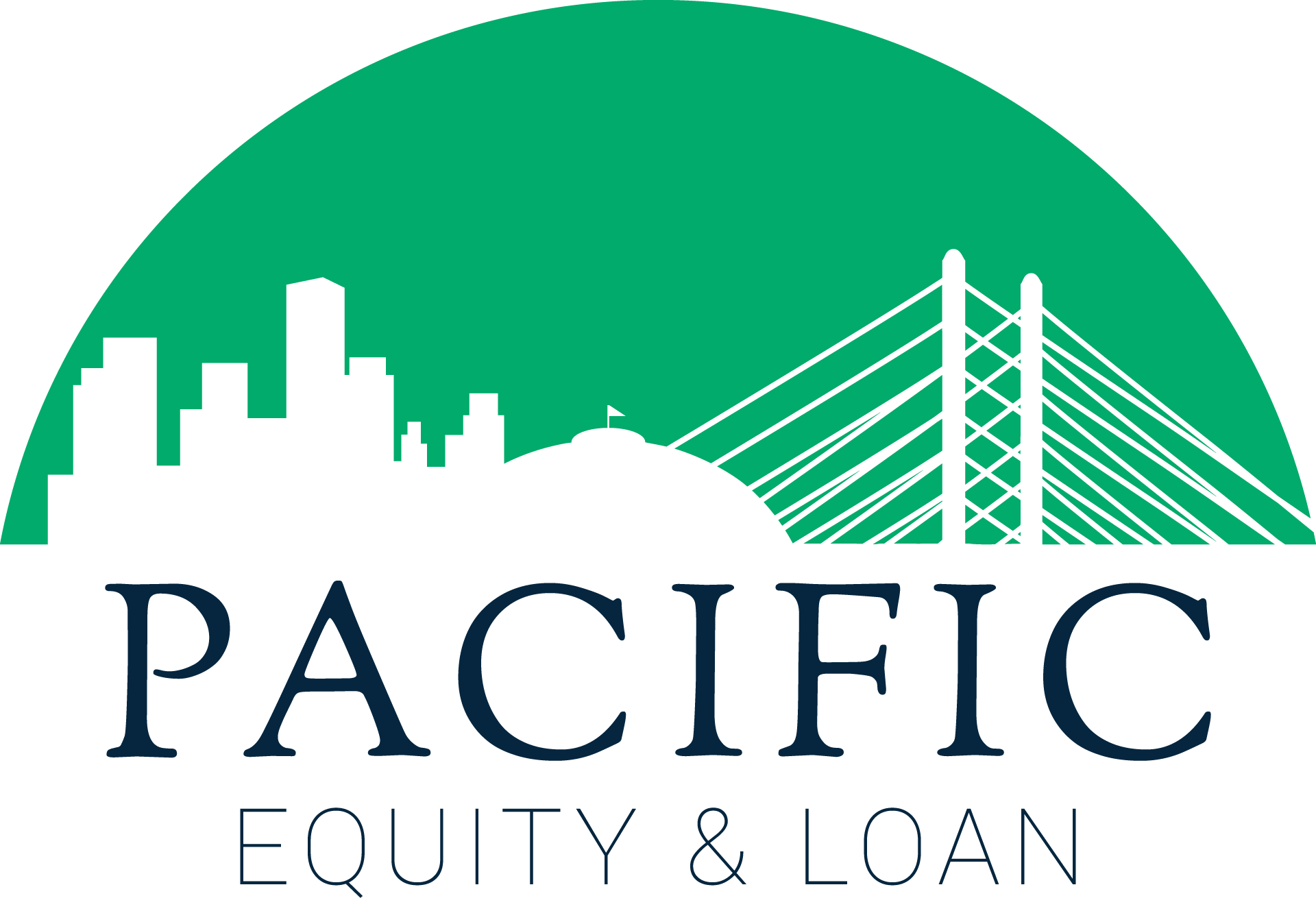In the ever-evolving world of real estate and construction, financing remains a critical factor in determining the success of new projects. As traditional lending sources become more cautious and restrictive, hard money loans have emerged as a powerful alternative, significantly impacting the future of new construction. In this blog post, we’ll explore how hard money loans are influencing modern construction projects and what this means for builders, investors, and developers.
What Are Hard Money Lenders?

Hard money lenders are private or non-bank institutions that provide short-term loans based primarily on the value of the property being financed rather than the borrower’s creditworthiness. These loans are often used for real estate investments, renovations, or other high-risk projects that traditional lenders may shy away from. Due to their asset-based nature and faster processing times, hard money loans can be a lifeline in both turbulent and thriving market conditions.
Hard Money Lenders During Housing Crisis
- Providing Liquidity When Traditional Lenders Pull Back
During a housing crisis, traditional lenders often tighten their lending criteria, making it difficult for borrowers to secure financing. Hard money lenders step in to fill this gap by offering loans based on the property’s value rather than the borrower’s credit. This influx of liquidity helps investors and developers continue their projects, even when other sources of funding are scarce.
- Financing Distressed Properties
Housing crises can lead to an increase in distressed properties—homes that are foreclosed, abandoned, or in poor condition. Hard money lenders often specialize in financing these types of properties, enabling investors to purchase, renovate, and potentially resell them. This not only helps rejuvenate distressed areas but also provides opportunities for investors to acquire properties at lower prices.
- Enabling Quick Turnarounds
In times of crisis, speed is crucial. Hard money lenders are known for their quick approval and funding processes. This rapid turnaround allows investors to act swiftly on distressed properties or urgent market opportunities, which is essential when traditional financing options are slow or unavailable.
- Risk Management and Higher Interest Rates
Given the higher risk involved during a housing crisis, hard money loans come with higher interest rates compared to traditional loans. While this can be seen as a disadvantage, it compensates lenders for the increased risk and provides a return on investment. Borrowers should weigh these higher costs against the benefits of accessing much-needed funds during difficult times.
Hard Money Lenders During Market Upturns
- Supporting Rapid Market Growth
During periods of market upturn, the real estate market experiences rapid growth, with increased demand for new construction and renovation projects. Hard money lenders provide the capital needed for these ventures, helping developers and investors capitalize on the booming market. Their flexible and fast financing options allow for quicker project initiation and completion.
- Financing High-Return Projects
Market upturns often present opportunities for high-return projects, such as luxury developments or high-end renovations. Hard money lenders can finance these projects, offering funds for ambitious ventures that might be considered too risky or unconventional by traditional lenders. This helps drive innovation and upscale development in the housing market.
- Accommodating Investors’ Competitive Edge
In a booming market, competition for properties and development opportunities can be fierce. Hard money lenders offer a competitive edge by providing fast and flexible financing, enabling investors to move quickly and secure properties before others have a chance. This agility can be crucial in winning bids and closing deals in a hot market.
- Facilitating Speculative Investments
Speculative investments, such as building speculative homes or investing in undeveloped land, become more common during market upturns. Hard money loans are well-suited for these types of investments due to their short-term nature and willingness to fund higher-risk projects. Investors can leverage these loans to capitalize on market trends and potentially achieve substantial returns.
Balancing the Pros and Cons
Pros of Hard Money Lending:
- Speed: Quick approval and funding, crucial in both crises and upturns.
- Flexibility: Less stringent requirements compared to traditional lenders.
- Opportunity: Access to distressed properties or high-return projects.
Cons of Hard Money Lending:
- Higher Costs: Higher interest rates and fees compared to traditional loans.
- Short-Term: Loans are typically short-term, requiring quick repayment.
- Risk: Increased risk due to higher interest rates and asset-based lending.
Hard money lenders are crucial in shaping the real estate market, whether navigating housing crises or capitalizing on market upturns. Their ability to provide rapid, flexible financing makes them an invaluable resource for investors and developers facing these fluctuating conditions. Understanding the impact of hard money lending during various market phases enables stakeholders to effectively use these loans to achieve their investment objectives and enhance the overall health of the real estate sector.
At Pacific Equity and Loan, we excel in delivering the tailored solutions you need to thrive in the dynamic real estate market. With Pacific Equity and Loan, you gain a dedicated partner committed to helping you leverage hard money loans effectively, whether you’re managing challenges in a housing crisis or seizing opportunities in a booming market. Let us support your projects and help you succeed in the ever-evolving world of real estate.







